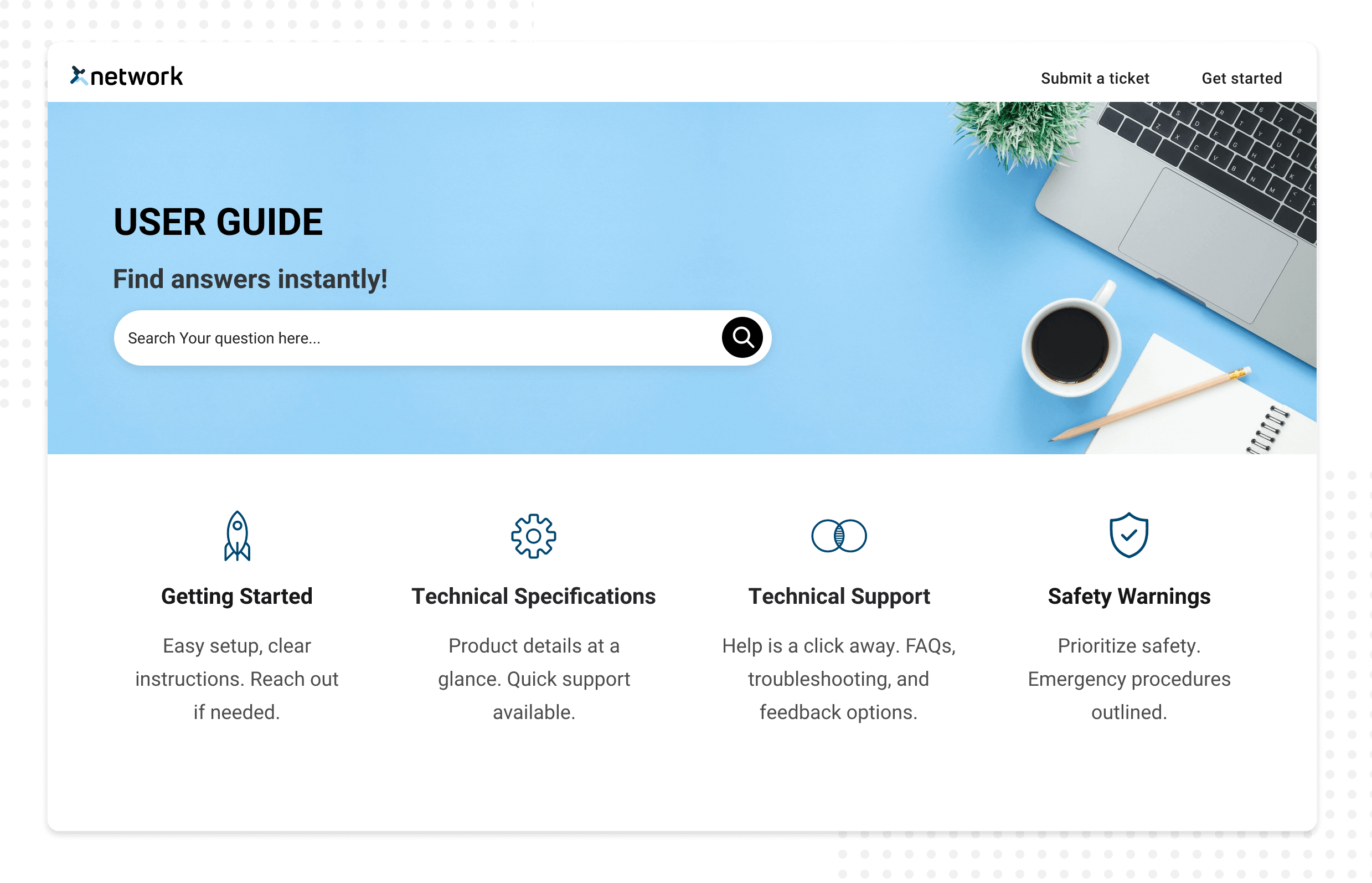How to Guide: The Total Resource for Those Seeking Practical Solutions
How to Guide: The Total Resource for Those Seeking Practical Solutions
Blog Article
How to Establish a Detailed Budgeting Plan to Attain Financial Security and Control Over Your Costs
Developing a thorough budgeting strategy is essential for achieving financial stability and maintaining control over expenses. It begins with a precise evaluation of your existing financial landscape, which includes reviewing income and costs. Understanding the nuances of this procedure can considerably influence your economic trajectory and lifestyle options.
Assess Your Present Financial Situation
To efficiently establish a budgeting strategy, it is important to thoroughly analyze your existing monetary circumstance. This assessment works as the structure for producing a reasonable and achievable budget plan. Begin by putting together a detailed listing of all income resources, consisting of incomes, bonus offers, and any type of passive income. It is important to calculate your overall month-to-month income precisely, as this figure will direct your budgeting choices.
Next, evaluate your expenses by classifying them right into repaired and variable costs. Set expenses, such as lease or home mortgage payments, insurance coverage, and utilities, stay continuous every month. In comparison, variable expenses, like grocery stores, entertainment, and discretionary investing, can vary. Maintaining a comprehensive document of your investing habits over a couple of months can give insight right into locations where you may be spending beyond your means.
Furthermore, take into consideration any outstanding financial debts, consisting of bank card balances, student finances, and individual financings. Understanding your liabilities is important for formulating a plan to manage and decrease them efficiently. By conducting a complete evaluation of your economic scenario, you can develop a strong foundation for your budgeting strategy, inevitably resulting in enhanced financial stability and control over your expenses.
Set Clear Financial Goals
Frequently setting clear financial objectives is vital for efficient budgeting and long-lasting financial success. Specifying particular, quantifiable, obtainable, appropriate, and time-bound (SMART) goals permits individuals to create a roadmap for their economic trip. These objectives can include various facets of individual financing, including saving for retired life, buying a home, or paying off debt.
To start, examine your concerns and determine short-term, medium-term, and lasting goals. Short-term objectives could include building a reserve or conserving for a holiday, while medium-term goals might involve saving for an automobile or funding a youngster's education (How to guide). Long-term objectives generally concentrate on retirement savings or wide range build-up
Following, measure your objectives to supply clearness. For instance, as opposed to intending to "save even more money," define "save $10,000 for a down payment by December 2025." This level of specificity not just boosts motivation yet likewise assists in measurement of progress.
Lastly, frequently testimonial and change your monetary goals as situations transform. Life occasions such as job changes, family members growth, or unanticipated costs can influence your financial situation, making it essential to stay responsive and adaptable to attain continual financial security.
Create Your Budget Plan Framework
Developing a budget framework is a fundamental step in bringing your financial goals to fruition. A well-structured budget plan structure offers as a plan for handling your revenue, expenses, click over here and savings, permitting you to align your investing with your monetary aspirations.
Begin by classifying your expenditures into optional and crucial groups. Crucial expenditures consist of needs such as real estate, utilities, groceries, and transportation, while discretionary expenditures incorporate enjoyment, eating in restaurants, and high-end products. This category helps you prioritize your spending and recognize areas where modifications can be made.
Next, determine your earnings sources and calculate your complete monthly income. This should consist of earnings, sideline, and any type of passive income. With a clear image of your earnings, you can assign funds to each expenditure classification better.
Incorporate financial savings into your budget structure by alloting a certain percentage of your revenue. This will certainly help you construct a reserve and add to long-term monetary goals. A solid budget plan find out framework not only gives clarity on your economic situation however likewise equips you to make informed choices that advertise monetary security and control over your expenses.
Monitor and Change On A Regular Basis
Monitoring and changing your budget plan is crucial for preserving economic health and making sure that your investing aligns with your developing objectives. Consistently evaluating your spending plan allows you to determine inconsistencies in between your intended costs and real spending. This practice helps you stay mindful and answerable of your economic situation.
Begin by setting a consistent timetable for budget reviews, whether it be weekly, monthly, or quarterly. During these reviews, evaluate classifications where you may be underspending or overspending. This analysis can disclose patterns that demand changes in your budgeting approach. How to guide. For example, if you constantly spend beyond your means in discretionary groups, it may be time to decrease those allotments or find ways to cut down.
Remember, a budget is a living paper that should progress with your financial scenarios. By proactively keeping track of and readjusting your budget, you can preserve control over your expenditures and work in the direction of attaining your financial security objectives.
Utilize Tools and Resources
A vast array of devices and sources can considerably boost your budgeting procedure, making it simpler to track expenditures and remain on target. Financial administration software, such as Mint, YNAB (You Need a Budget Plan), or EveryDollar, gives user-friendly interfaces for keeping an eye on revenue and expenses in real-time. These systems commonly include automated tracking of deals, classification of investing, and graphical depictions of your financial situation, assisting in educated decision-making.
Along with software application, mobile applications can use convenience and accessibility for budgeting on-the-go. Several apps permit the syncing of checking account, making certain accurate data while giving notifies for upcoming bills or monetary restrictions.
Moreover, spreadsheets, such as Microsoft Excel or Google Sheets, can be personalized to create a tailored budgeting system. These tools enable individuals to by hand input information, examine trends, and job future expenditures based on historic costs patterns.
Last but not least, take into consideration leveraging academic sources such as budgeting workshops, on-line programs, or financial blog sites. These sources can strengthen your understanding of efficient budgeting approaches and assist you make notified choices that align with your economic objectives. Using these tools and sources is pivotal in attaining monetary stability and control over your expenditures.
Verdict

By carrying out a complete evaluation of your financial scenario, you can develop a solid foundation for your budgeting strategy, ultimately leading to boosted economic stability and control over your expenses.

By assessing the present economic scenario, establishing clear economic objectives, and producing an organized budget plan framework, individuals can efficiently designate resources. Using financial management devices additionally improves the budgeting process, eventually leading to improved monetary control and stability.
Report this page